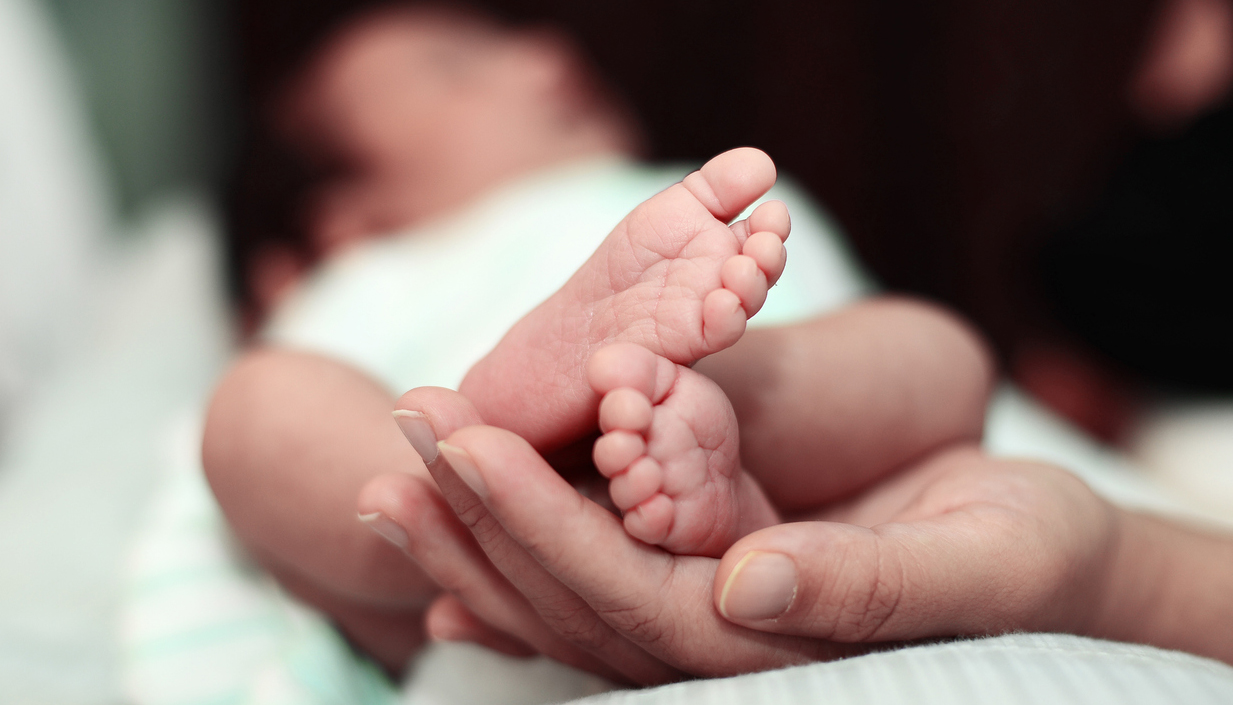Centuries ago, if a pregnant woman died during labour, her abdomen was cut open, and the baby removed. Julius Caesar is credited with passing a decree allowing this, though myth has it that he was born in this way. Caesarians have come a long way since then. They are now performed on woman under anaesthesia, and both mother and baby survive most of the time.
Caesarians may be planned (elective) or an emergency procedure. Emergency caesareans are done if the baby is not in the head down position, the placenta blocks the opening to the uterus, the baby is too big to be born normally, the baby suddenly develops a slow heartbeat and get distressed, the due date is over or the mother has preeclampsia, heart disease, high blood pressure or diabetes. She may have had a previous caesarian section. It may be a “precious baby” born to an elderly mother after reproduction intervention or after many deaths.
In India, the number of caesarians has doubled in the last 10 years from 8.5 per cent to 17.5 per cent. The reasons are not always medical. Educated urban women fear the pain anecdotally associated with labour and do not want to lose their figure. We believe in horoscopes — what better way to ensure a prosperous future than to pick an “auspicious” time and date of birth?
A caesarian is major surgery, not to be undertaken lightly. It has many inherent risks. Anaesthesia is needed. The mother may vomit and aspirate the stomach contents. There may be a persistent headache or backache. There is an increased chance of infection and development of blood clots.
Babies born by caesarian are not exposed to microorganisms from the mother’s vagina, only those on the mother’s skin and that of the people in the operating theatre. Also, exclusive breastfeeding is often not established early enough and not continued for a year. These babies start life at a disadvantage — their gut is not populated with sufficient health-promoting microorganisms that aid in digesting nutrients, producing vitamins, stimulating immune development, countering harmful bacteria and contributing to the maturation of the alimentary tract.
The writer is a paediatrician with a family practice at Vellore and author of Staying Healthy in Modern India.
If you have any questions on health issues, please write to yourhealthgm@yahoo.co.in










